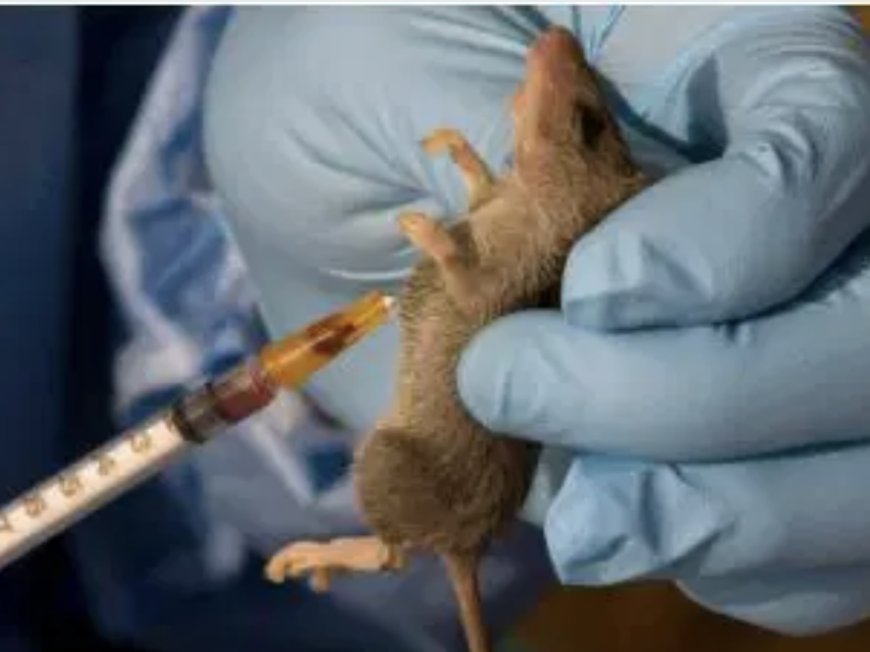
News Rider:
18 States Affected Amid Rising Fatality Rate; Ondo, Bauchi, Edo, Taraba, Ebonyi Account for 91% of Cases
By Inside Agwa News
insideagwa.info@gmail.com www.insideagwa.com.ng
Nigeria has recorded 145 deaths from Lassa fever so far in 2025, according to the Nigeria Centre for Disease Control and Prevention (NCDC), as the country grapples with a persistent outbreak of the viral hemorrhagic disease across 18 states.
In its latest situation report covering epidemiological week 24 (June 9–15), the NCDC confirmed 766 infections from a total of 5,678 suspected cases. The fatality rate stands at 18.9 per cent—an increase from 17.6 per cent during the same period last year.
The hardest-hit states include Ondo, Bauchi, Edo, Taraba, and Ebonyi, which collectively account for 91 per cent of all confirmed infections. Ondo State alone represents 31 per cent of the total, making it the epicentre of the outbreak.
Despite a slight dip in weekly infections—eight new confirmed cases compared to 11 the previous week—the NCDC expressed concern about the persistently high death rate. The agency attributes this to factors such as late hospital presentation, poor health-seeking habits, and unhygienic living conditions in heavily affected areas.
To combat the outbreak, the NCDC has deployed Rapid Response Teams to 10 states and is conducting community-level risk communication, sanitation campaigns, and health worker training in vulnerable regions.
While de-escalating its Incident Management System to alert mode, the agency is incorporating Lassa fever education into broader public health messaging. Citizens are being advised to report early symptoms like fever, sore throat, headache, or bleeding to the nearest treatment centre.
The NCDC urges the public to improve hygiene, avoid contact with rodents and their secretions, and call its toll-free number 6232 for information or assistance.
Lassa fever, primarily spread through contact with urine or faeces of infected rats, can also be transmitted from person to person via bodily fluids or contaminated medical tools. In severe cases, the illness can lead to internal and external bleeding and death if not treated promptly.


